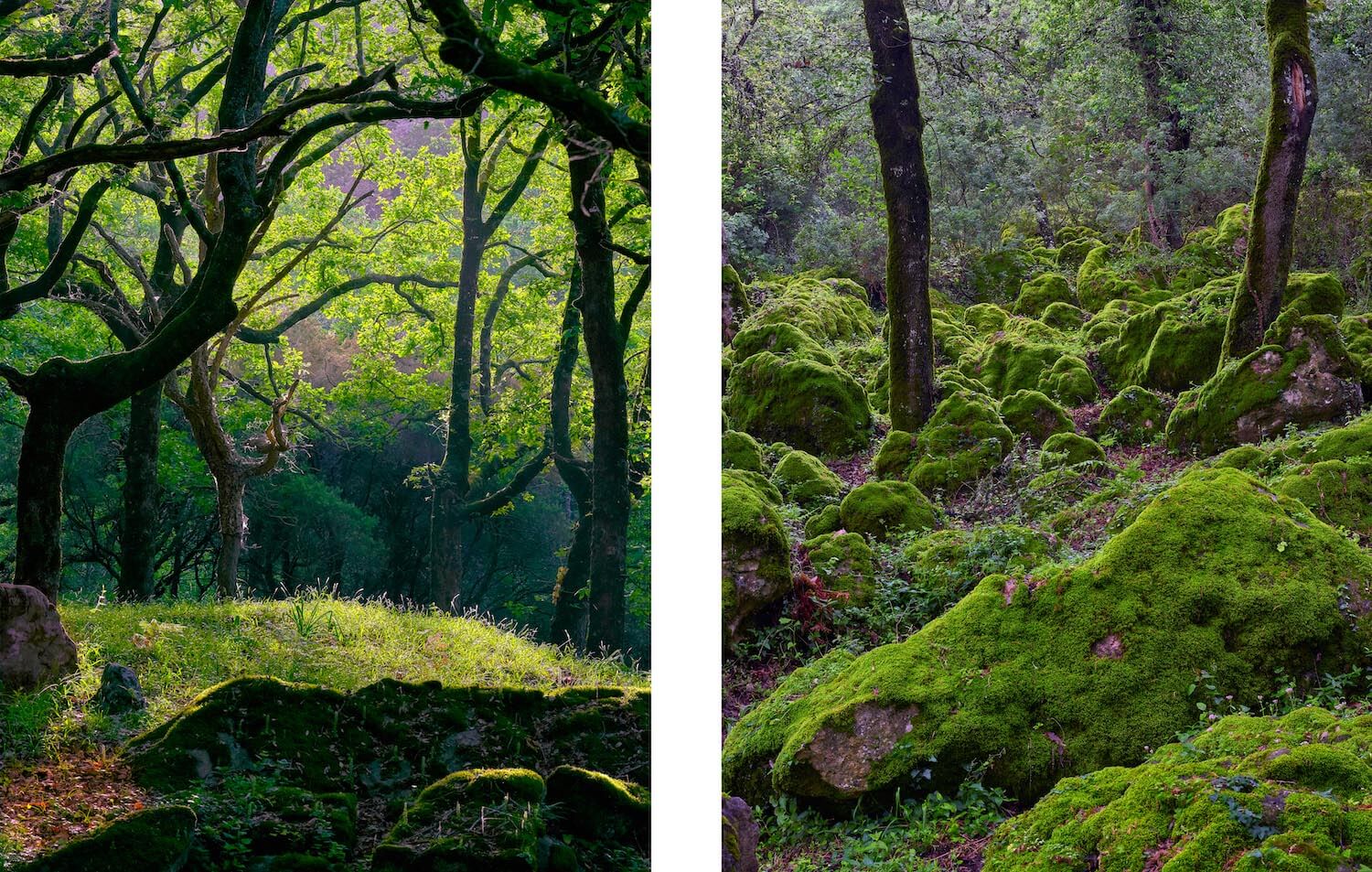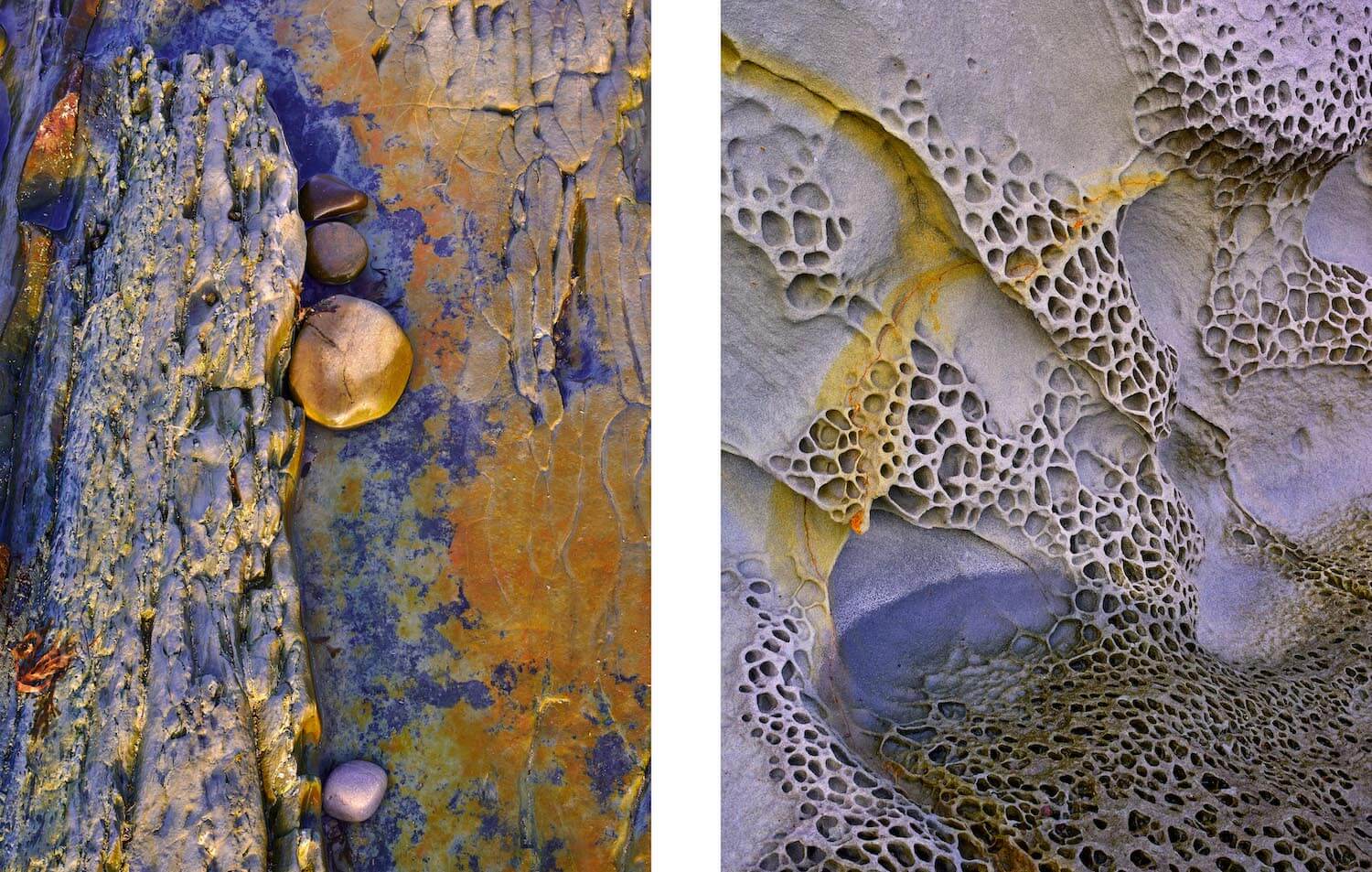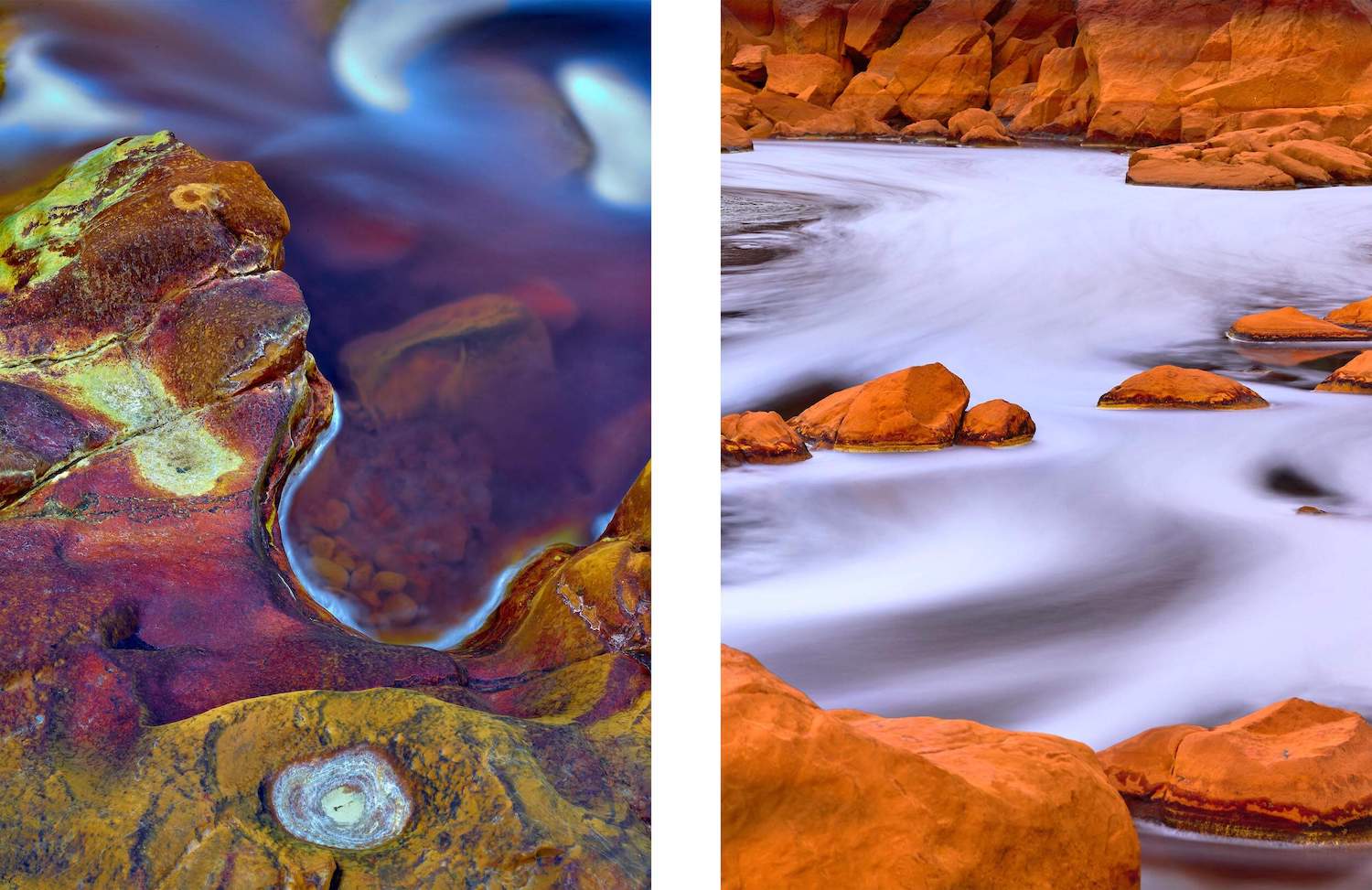10 things to consider when choosing a photography workshop
Photography workshops are a sizeable personal investment, so it pays to know what kinds of questions you should ask yourself before signing up for one.
Firstly, the advantages of choosing a photography workshop against independent travel
1. You begin to see things differently
Going out with other photographers to the same locations and seeing how they visually process the same world through location reviews, can provide inspiration in developing your own approach.
2. Unlearn bad habits and acquire good ones
We have all developed a way of shooting based on our influences and judgment. Sometimes this creates interesting images, on other occasions not so much, and yet we’re not sure why but still continue to interpret scenes in the same way. Having a review mechanism on location, means instant feedback allows you as a photographer to make changes in the field where they count. Moreover, the instructor(s) and workshop participants can push you to really think about what makes an image better.
3. Slowing down
On a photography workshops, everything should be taken care of so you can focus on connecting with the locations. Having your mind free from logistics means more quality time looking. Keeping energy reserves for shooting time is invaluable, rather than using them up locating photogenic vantage points.
What to think about before choosing a photography workshop
4. What do you want out of the workshop?
It’s a good idea to think through your aims and objectives, probably along these lines. Do you want to make a small number of outstanding competition photos that you can count on one hand. Or, are you looking to push yourself in new directions and produce a larger number of images that explore a range of visual approaches and styles.
5. Is the leader’s workflow similar to yours?
This really breaks down into what you can learn from the tutor that will develop your photography. You may find yourself in one of two camps.
Is the workshop for you to find better set-ups which produce compositionally stronger images or are you already competent with finding shots but you would like to know how to make them look better via small adjustments in technique and processing? In both cases you’ll want to research the emphasis the tutor places on fieldwork versus computer work. You can start with looking at their portfolio.
6. Are the photography locations iconic or less well known?
This rather depends on where you are with your own photography and how bound up your photographic ambitions are with travel. There are places in the world that call us to visit driven by the fantastic imagery, which we’d also like to experience. Perhaps Iceland, parts of South America or the Arctic north.
These are experience workshops and offer more than instruction. Iconic but less experience lead locations may include Tuscany, parts of the UK coastline and the US deserts. For these, the instructor’s teaching and group learning is the overriding factor.
Thirdly, the virtually unknown or less iconic, in which you have the advantage of approaching locations with more of an open mind via less well known ‘classic’ photographs to influence you. Here you can explore more freely and most likely, not bump into other photographers or groups.
7. Should you research your workshop location(s) or keep an open mind?
Here I’m referring to the imagery from locations that can influence your own photographic approach. No doubt you’ll have viewed the leader’s work for a location but what about everyone else. One tap in Google images will bring up a page that may well begin to influence your thoughts to what you yourself should be producing. Or it may persuade you to turn away from mainstream interpretations and instead desire to show a place on different terms. This choice very much depends on how confident you are in your own abilities.
Things to consider after booking and before your trip
8. Photos of a place versus taking photos to look like photos
In essence this is about whether you want to reveal the life or essence of a location with an open mind or make photographs which mainstream photo consumers would expect to see. If you are motivated by social media likes, then you’ll know what I mean. Audience expectations and the tribe of photography you follow yourself will be major influences here. Instead, you may want to look at landscape photography that is outside your orbit of knowledge and see what you can bring over from that into your own photography. Beginning with documentary and new landscape genres is a good starting point.
9. Your approach to visualising a scene
The essential toolset we create our imagery from is form, composition and lighting. However drilling down, there are subsets which explore the different qualities of available light, compositional conventions versus unusual reveals and images with harmony and flow and those more graphical and arresting. It’s worth researching how each of these show themselves in the photography you follow and then thinking about what you would like to draw across to your own image-making.
The future in choosing a photography workshop
As yet we don’t know if there will be a shift in how we view foreign travel post Covid. Certainly, we have come to see trips as increasingly more valuable and so most likely more discerning clients will be on the lookout for workshops that offer real personal value and development. Consequently, a major factor in choosing a photography workshop that’s right for you will hinge on group sizes, with a smaller number offering participants greater tutor contact time.
Find out more about the photography workshops on offer with Darren Lewey.


